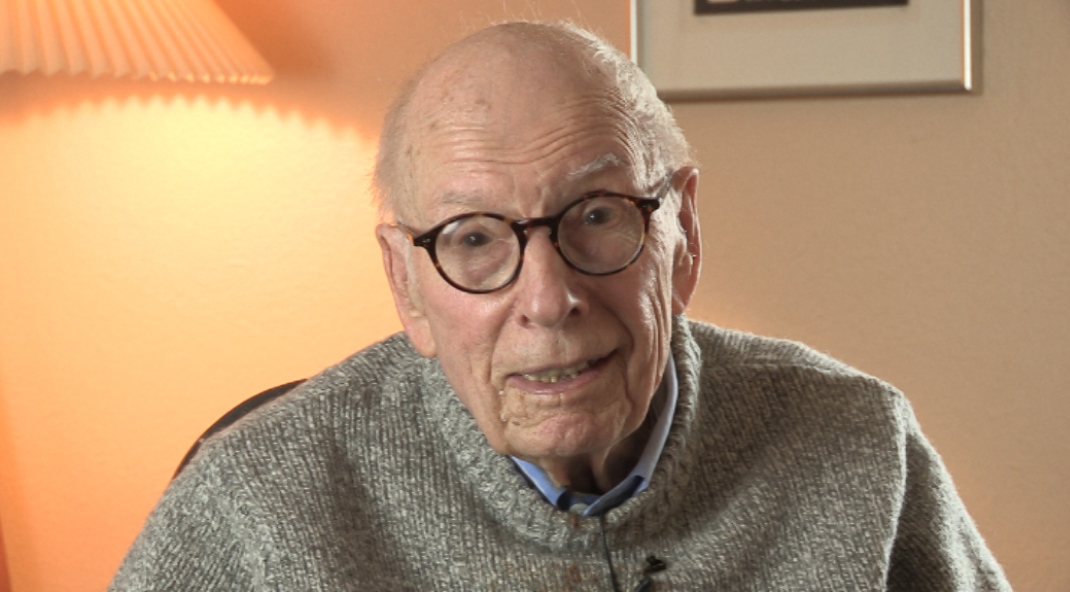NEXT STORY

The inimitable William H Weston
RELATED STORIES

NEXT STORY

The inimitable William H Weston
RELATED STORIES


|
Views | Duration | |
|---|---|---|---|
| 21. My inferiority complex | 175 | 01:28 | |
| 22. The inimitable William H Weston | 77 | 03:33 | |
| 23. A serendipitous discovery | 72 | 02:02 | |
| 24. Upstaged by slime molds | 70 | 02:30 | |
| 25. How slime molds grow | 65 | 03:08 | |
| 26. My eureka moment | 101 | 03:11 | |
| 27. Filming slime mold as it grows | 97 | 03:10 | |
| 28. What makes slime mold grow at right angles? | 57 | 03:29 | |
| 29. Ammonia is it! | 44 | 01:22 | |
| 30. Complemented on my thesis | 1 | 43 | 00:41 |


I have certain fixed ideas about myself and I know that they're totally inaccurate. For instance, I'll give you an example which chased me all my life and that is I couldn't write. And people would ask me to take extra courses and I always thought it's because I don't write well, and so they want me to do…
And my father, who turned up among many other things, to be a very successful novelist, he always said to me, 'If you think right, you can write well'. And I kept saying, 'Well, what the hell is wrong with my thoughts?' But at any rate, I had a really - for years - an inferiority complex. And I'd read a book review of something, for that book of my biography was in The New York Times, and TLS, and it got some good reviews, and I'd find myself saying, 'That guy must be crazy'. So it was really strange, I want you to think I'd finally agreed that maybe I can write in the last few years.
John Tyler Bonner (born in 1920) is an emeritus professor in the Department of Ecology and Evolutionary Biology at Princeton University. He is a pioneer in the use of cellular slime molds to understand evolution and development and is one of the world's leading experts on cellular slime molds. He says that his prime interests are in evolution and development and that he uses the cellular slime molds as a tool to seek an understanding of those twin disciplines. He has written several books on developmental biology and evolution, many scientific papers, and has produced a number of works in biology. He has led the way in making Dictyostelium discoideum a model organism central to examining some of the major questions in experimental biology.
Title: My inferiority complex
Listeners: Christopher Sykes
Christopher Sykes is an independent documentary producer who has made a number of films about science and scientists for BBC TV, Channel Four, and PBS.
Tags: The New York Times, Times Literary Supplement
Duration: 1 minute, 28 seconds
Date story recorded: February 2016
Date story went live: 14 September 2016